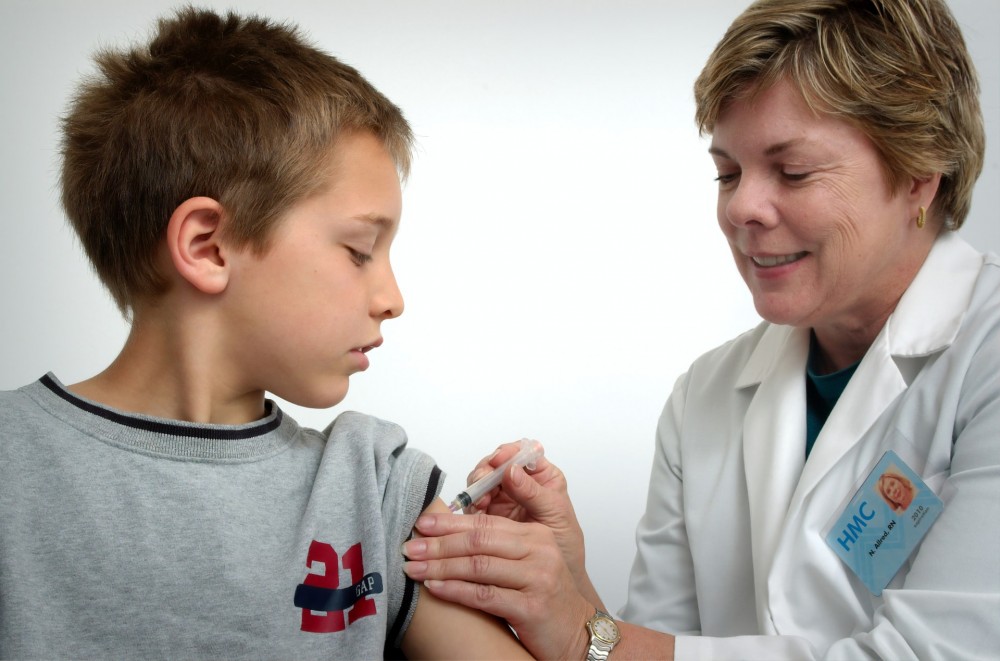1 September 2021
Dr Fran Priddy looks at why we're not yet vaccinating children under 12 - and why it's important that we get it right.

Vaccinating our population is the optimal long-term strategy to combat Covid-19. It will allow us to avoid future lockdowns and open our country to the rest of world, while still preventing serious illness and deaths.
With the vaccine now available to over-12s, many may be wondering why this age group needs separate approval, and what about those under 12? Will they be vaccinated too?
 During the initial period of the Covid-19 pandemic, data suggested that children were less likely to be infected, become ill with or transmit the virus. Initial clinical trials for most Covid-19 vaccines were conducted solely with adults and older teens.
During the initial period of the Covid-19 pandemic, data suggested that children were less likely to be infected, become ill with or transmit the virus. Initial clinical trials for most Covid-19 vaccines were conducted solely with adults and older teens.
We now know that, although children seem less likely to be affected by Covid-19, it is possible for them to be infected and spread the virus. In some cases, children also exhibit severe symptoms that result in hospitalisation and even death, in some countries at numbers higher than seen with more common infections such as influenza.
These findings led to additional Covid-19 vaccine clinical trials for teenagers and children.
Biological differences between children and adults warrant additional processes for determining the effectiveness, correct dosage, and safety of Covid-19 vaccines in children.
Children are smaller and have a different body composition to adults, for example, the ratio and distribution of fat on their bodies. A less obvious difference is the immune system.
Throughout the stages of life, the immune system behaves in distinct ways. These factors are important because they affect the way children respond to vaccines. Finding the correct dosage is not simply a matter of reducing the dose relative to body size.
Clinical trials for children and teenagers often take longer and for good reason. They are considered a vulnerable population, therefore they need informed consent from their legal guardians to take part in clinical trials.
Typically these trials begin with adolescents or older children, and step down to younger age groups once initial safety data has been reviewed. Furthermore, regulatory agencies may require longer term safety follow-up for children than for adults, for example four-six months of safety data for emergency approval in children compared to two months for adults.
A clinical trial for those aged six months to 11 years is currently underway for the Pfizer-BioNTech vaccine. In this trial, doses as low as 1/10th of the adult dose are being tested. Data for the five-11-year-old age group is projected to be submitted to regulatory authorities as early as this month. Review and authorisation may take several months more.
If Covid-19 vaccines are approved for children by New Zealand’s regulatory authority, Medsafe, the decision about whether children should receive a Covid-19 vaccine and at what age will be made by public health experts in the New Zealand Government. These decisions will take into account the specific data for each vaccine, and the current risks and potential benefits to our population.
The emergence of the highly transmissible Delta variant has raised doubts as to whether herd immunity will be possible. In addition to protecting children individually from Covid-19 disease, childhood vaccination may be an important strategy to reduce transmission, especially for those who may be less protected by vaccination such as the elderly and immunocompromised.
Considering about 15 percent of our population is under 12 years old, safe and effective vaccines for this group are likely to be pivotal.
